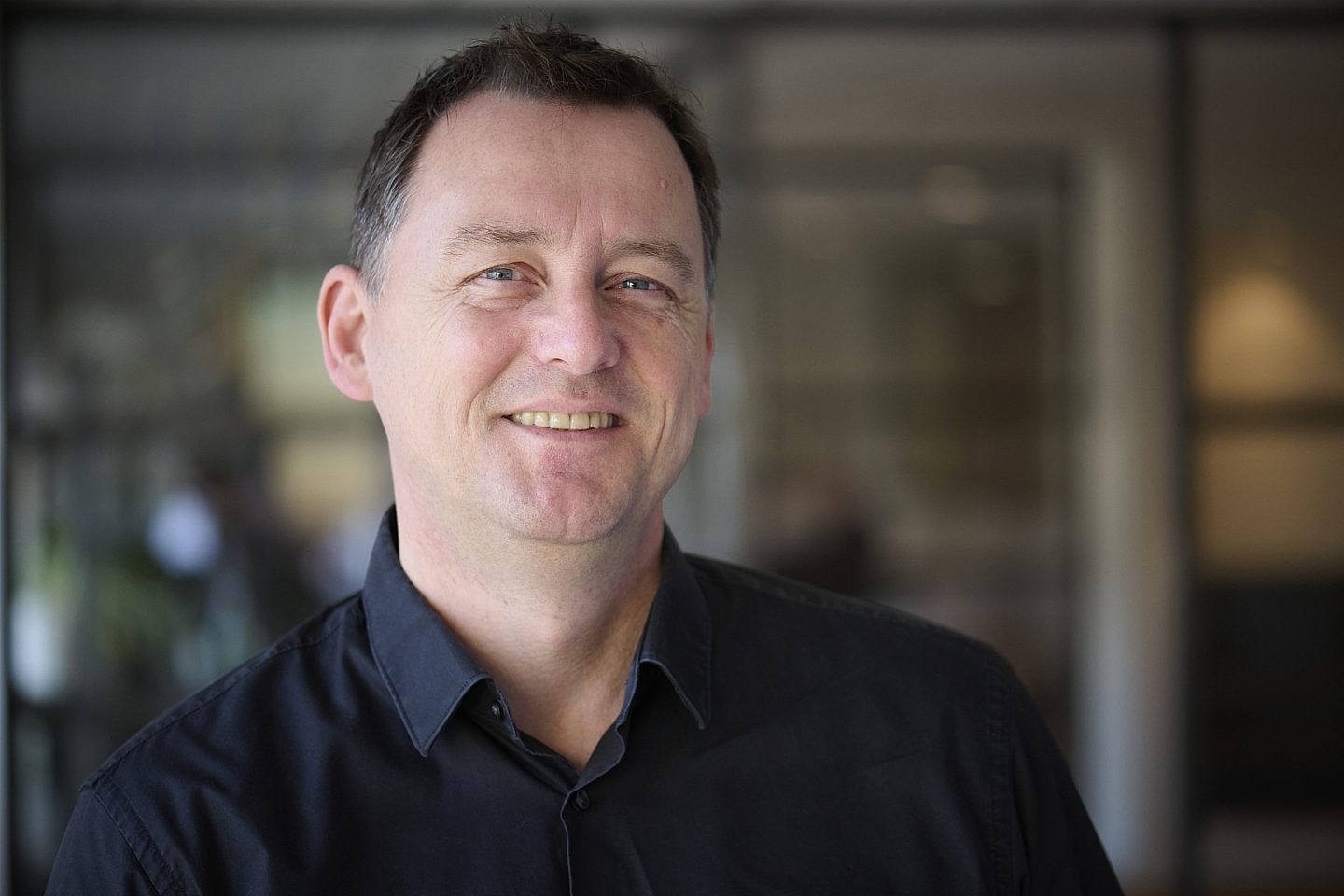Ambidexterity and incremental gains
Although Schuberg Philis is a technology company, our consultancy departs from our customer’s business challenges. Indeed, we create IT solutions, but we’re always seeking to answer business-driven questions. For example: How can you shorten time to market? How do you avoid security incidents that will impact the business continuity of your company? If the goal is to improve portfolio management, how do you implement data governance? If rejuvenating the core is important, which of your company processes need to be automated?
However, we don’t just seek to address the most pressing challenge at hand. Our outlook is long-term. We design projects to make sure that from the get-go, they can scale, stay flexible, and remain secure. This requires equipping our customers with the ability to persist in the face of paradox and, crucially, to do so on simultaneous timelines. Companies then have, as Collins also wrote, “the ability to embrace both extremes of a number of dimensions at the same time, while executing strategy. Instead of choosing between A, B, or C, they figure out a way to have both A, B, and C.” Or as another Harvard Business Review article, on ambidextrous organizations, noted: we need to “allow executives to pioneer radical or disruptive innovations while also pursuing incremental gains.”
The success of our solutions
In other words, we design, deliver, and manage solutions that quench immediate thirst while also committing to project-long satiety. It’s why for one manufacturing customer, our data solution let a production line predict stoppages while also increasing the factory’s overall performance. And for another, we provided a solution that would optimize the utilization of a commodity crop for fast food while also minimizing its longer-term impact on agricultural sustainability. In a healthcare industry case, our solution exploited the inexpensive, highly available public cloud to process the most sensitive of medical images without jeopardizing the privacy of patients involved. For another customer, our robotic process automation solution liberated staff from doing rote, repetitive tasks while letting the company plan for a massive post-pandemic reorganization. Or in another solution still, we revitalized the IT landscape of a financial institution and modernized access to cash, even though the demand for cash itself is dying.
As these examples show, binary thinking would have prevented the organizations from generating both short- and long-term value. It would have threatened their resilience. The success of our solutions is contingent on the ability to add on, not to trade off. This capacity – and we’ve experienced how consultancy assists in executing the capacity – reframes paradox as unconditionality. Our unconditional commitment is to our customer’s unconditional satisfaction in a world with ever-changing, unpredictable conditions. It’s our unconditional welcoming of all the ANDs our customer needs, wants, and aspires to.
By Agne Nainyte, Laurens Eversmann and Jorrit Molkenboer

